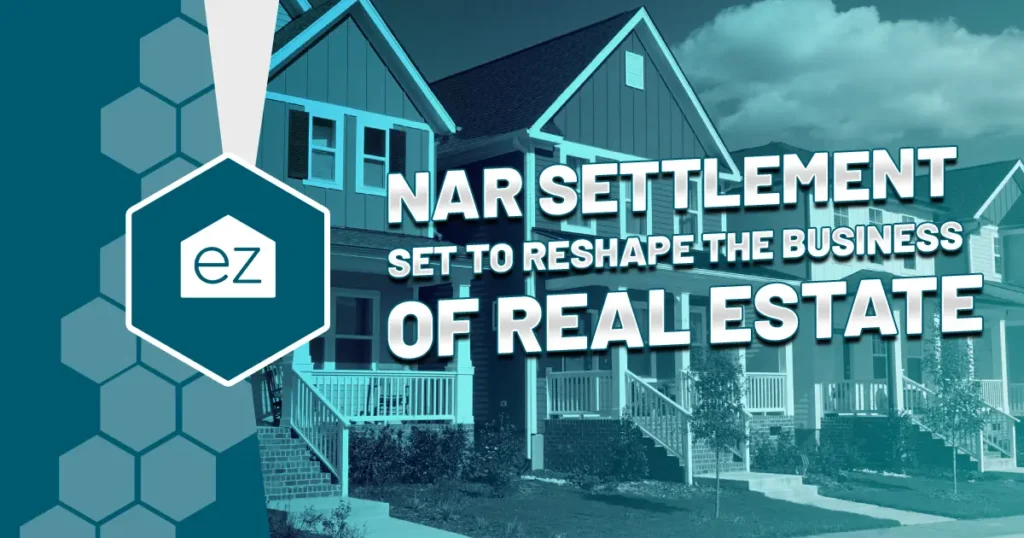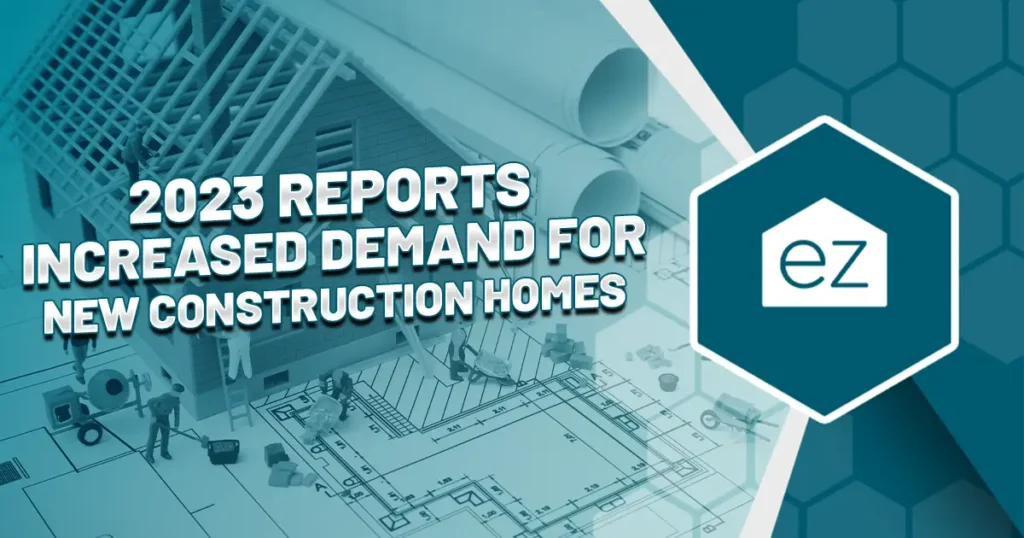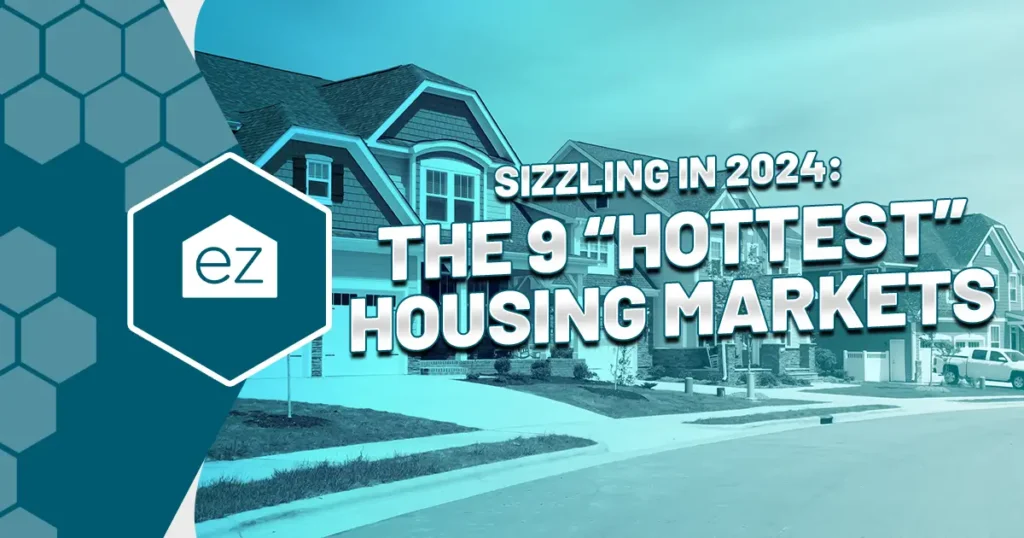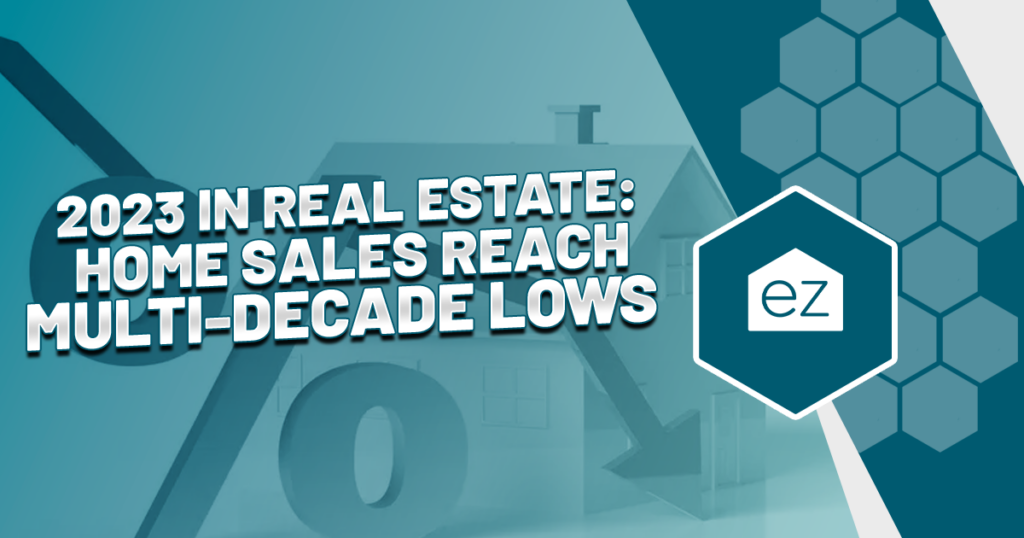White House Proposals Aim to Boost Housing Supply
The US housing market’s story is well-known at this point. Homeowners aren’t budging, so inventory remains low nationwide. Part of that is the 2-3% interest rates many owners hold versus the 6-7% they’d pay now to buy another home. They are financially incentivized to stay in place.
The government wants to change that. Washington released a set of proposals aimed at increasing home sales through housing tax credits. The two-pronged approach involves getting current homeowners to sell and encouraging home builders to focus on affordable housing rather than luxury homes.
Proposed Housing Tax Credits
The intent is to increase homeownership among the younger generations—millennials and Gen Zers—who have faced one financial crisis after another. A lack of affordable housing and ever-increasing median home prices continue to make homeownership out of reach.
The White House’s proposed actions to Congress target the high cost of homeownership. Among these are:
- A first-time home buyer Mortgage Relief Tax Credit of up to $5,000 yearly for two years. It’s equal to lowering a mortgage payment by 1.5% on the median home purchase price.
- Home Seller Tax Credit intended to encourage homeowners to sell their “starter” homes. This would be a one-year tax credit of $10,000. The administration’s proposed eligibility criteria call for the home to sell under the area’s median home price and to be sold to another owner-occupant, not a home investor.
- First-Generation Homeowner Down Payment Assistance would provide up to $25,000 in down payment assistance for people who are the first generation in their families to buy a home.
Of course, these are just proposals. Before they become official housing policies, these new tax policies must pass Congress.
“Tax incentives may not be enough to entice homeowners to sell in a market where they are benefiting from historically low interest rates,” said Daniel Cabrera, Owner of Sell My House Fast SA TX. “The overriding problem is the cost vs. the benefits homeowners will have after analyzing the tax credit against higher interest rates when buying a new home.”
Tax Credits for New Construction
Even if more existing homeowners decide to sell, there are two issues:
- These homeowners must move somewhere else
- The nation still has an estimated 3-7 million unit housing shortage.
Freddie Mac research estimates new entry-level housing is at a five-decade low. In 2020, just 65,000 entry-level homes–those under 1,400 sq ft–were built. But, 2.38 million people bought their first home.
The shortage at the lower end of the market is part of the reason costs are so high. It will take an increase in affordable housing to meet the market needs. To encourage more new home construction, the administration wants to:
- Expand the Low-Income Housing Tax Credit to build or preserve 1.2 million affordable rental units.
- Add Neighborhood Homes Tax Credit to build or renovate affordable homes for ownership.
- Double contributions from the Federal Home Loan Bank to the Affordable Housing Program to increase programs that finance, construct, and rehabilitate affordable housing.
Homeowners Aren’t Moving, Locking Up Existing Inventory
Housing market data shows an unwillingness to move. Homeowners have now owned their homes for a median of 11.9 years, compared to 6.5 years in the 2000s. It’s still lower than 13.4 years, the 2020 peak before the mass pandemic migration began.
Some of that unwillingness stems from the pandemic-era home buyers who did find their dream home in that mass move. Other experts suggested an increase in baby boomers aging in place as a contributing factor. Nearly 40% of boomers have lived in their homes for at least 20 years. Many own their home without an outstanding mortgage, making it more financially feasible to stay where they are.
“While some are waiting on the sidelines for an economic incentive to buy or sell, many make this decision from a much more relational perspective. There are other reasons why people make decisions that are often more important than money,” Marisa Simonetti, Simonetti Real Estate Team, said.
Home Affordability is Down
Home affordability is at multi-decade lows. The Federal Reserve Bank of Atlanta’s Home Ownership Affordability Monitor (HOAM) Index measures the ability of a median-income household to absorb the estimated annual costs associated with owning a median-priced home. It uses 30% of income spent on housing costs as a threshold. The balance mark is set at 100; an index above 100 shows an increase in buying power, while under 100 indicates a less affordable market.
The most recent available measure, December 2023, places nationwide home affordability at 72.8. Their figures bottomed out in October 2023 at 66.3.
Price changes were the primary driver in the pandemic years, but that changed. Through 2023, higher mortgage rates, on top of the pandemic appreciation, were a clear driver of the loss in affordability.
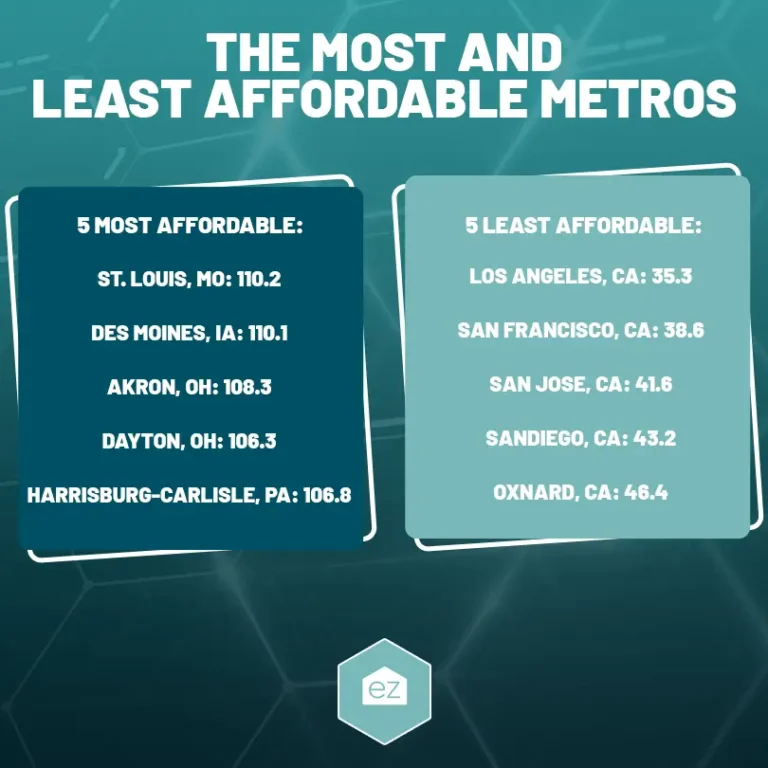
Mortgage rates remain elevated
The Federal Reserve kept its basis rate low in 2020, encouraging mortgage rates to stay at 2-3% early in the pandemic. That spurred a hot wave of home buying, driving down inventory and up prices. Then inflation kicked in and encouraged the rates to come up. Mortgage rates rose fast, starting 2022 near 3.22% before ending closer to 7%. By October 2023, they hit multi-decade highs near 8%.
The rates have tempered only slightly since then. A mortgage rate 3-4% above what it was four years ago significantly reduces buying power. A $300,000 30-year fixed-rate loan with a 3.5% interest rate costs $1,349 a month; a 7.5% interest rate costs $2,101. Plus, more of the monthly payment goes towards the interest and not home equity.
All that combined creates a housing shortage, further stressing housing affordability. The current administration’s proposals believe these measures will free up two million homes and bring some relief to those on the hunt for their slice of the American dream.
Housing tenure data dates from the 2022 American Community Survey by the US Census, the most recent year available.
Start Your Home Search
Preston Guyton
Share this Post
Related Articles
Real Estate News
NAR Settlement Set to Reshape The Business of Real Estate
Real Estate News
2023 Reports Increased Demand for New Construction Homes
Real Estate News
Sizzling in 2024: The 9 “Hottest” Housing Markets
Real Estate News
